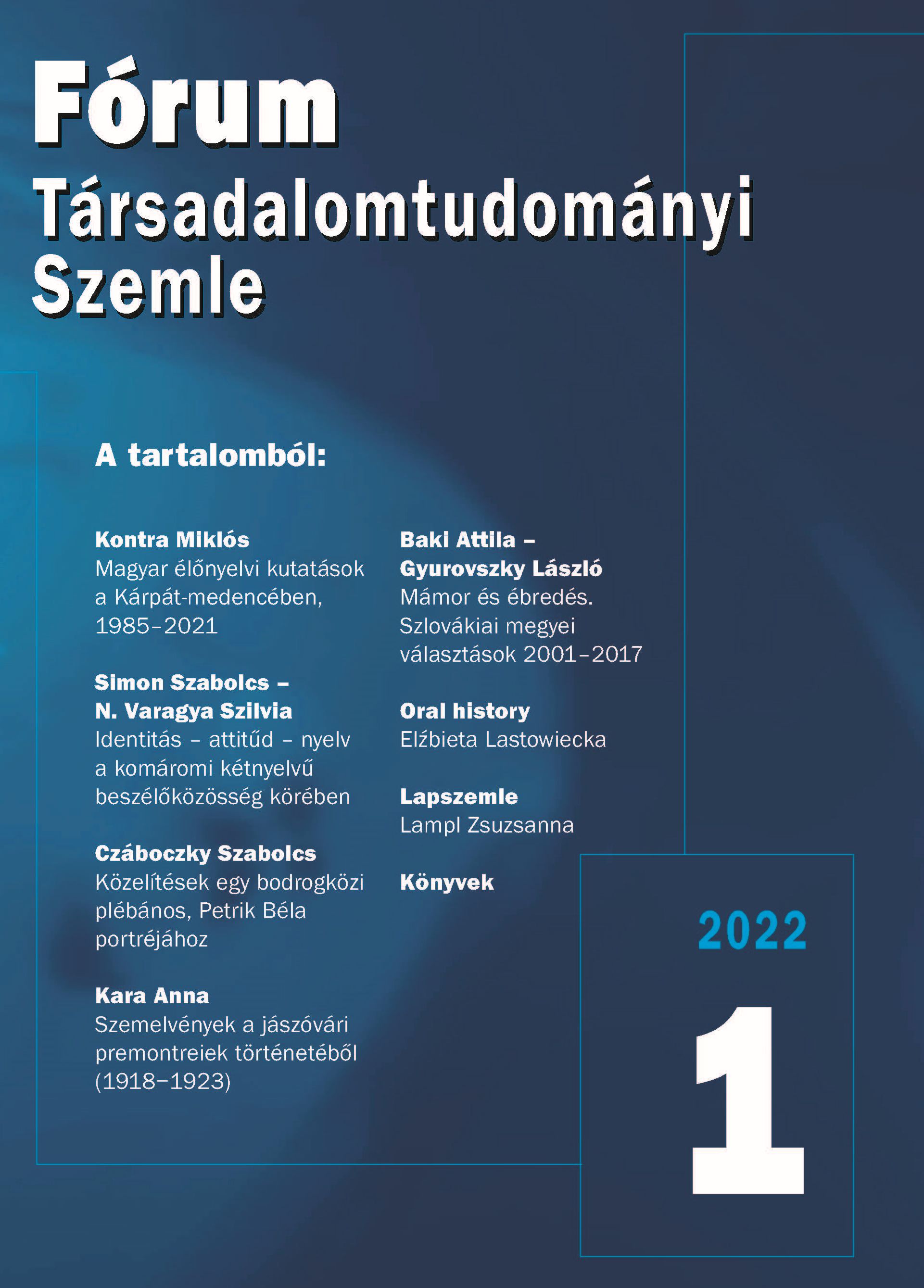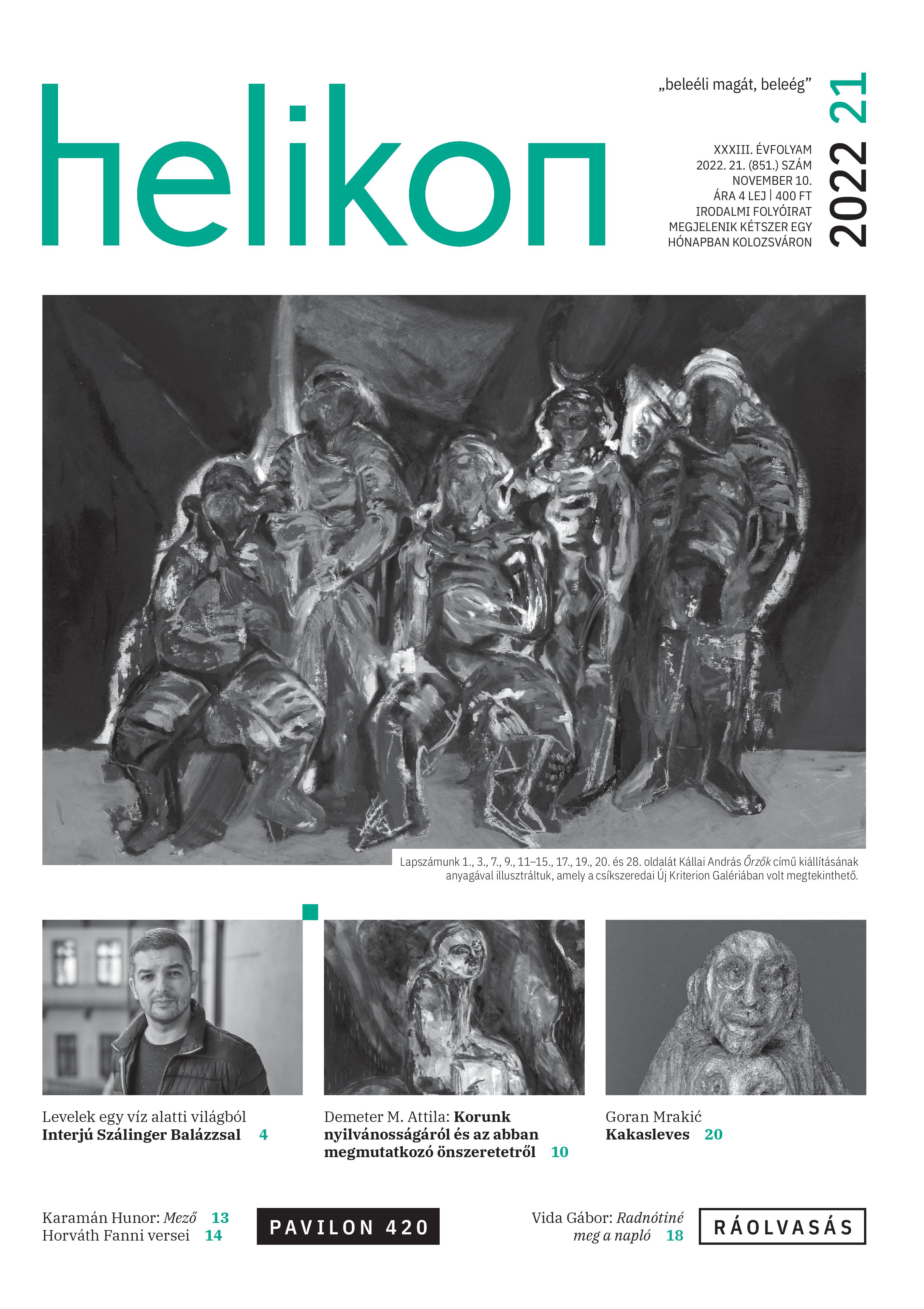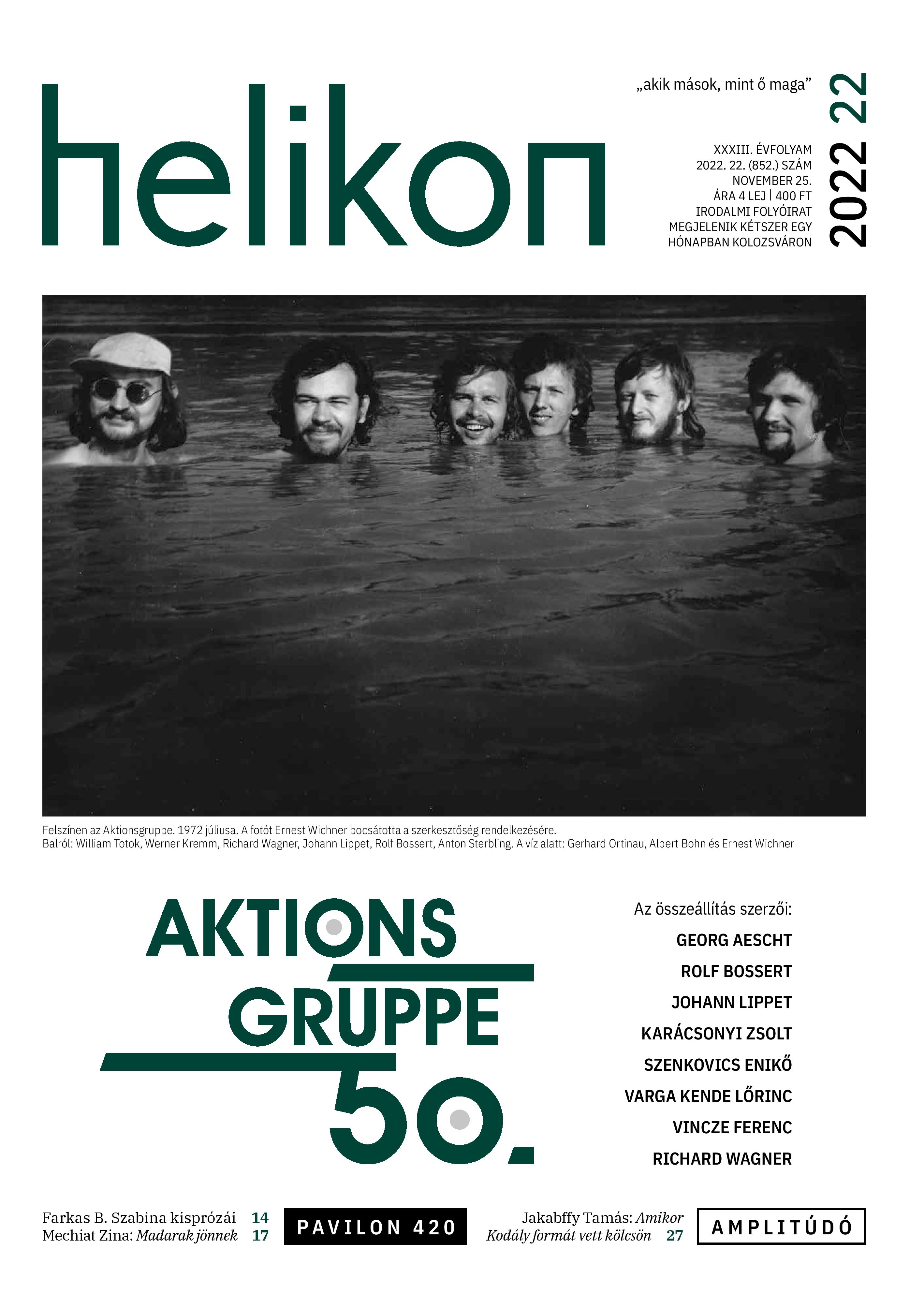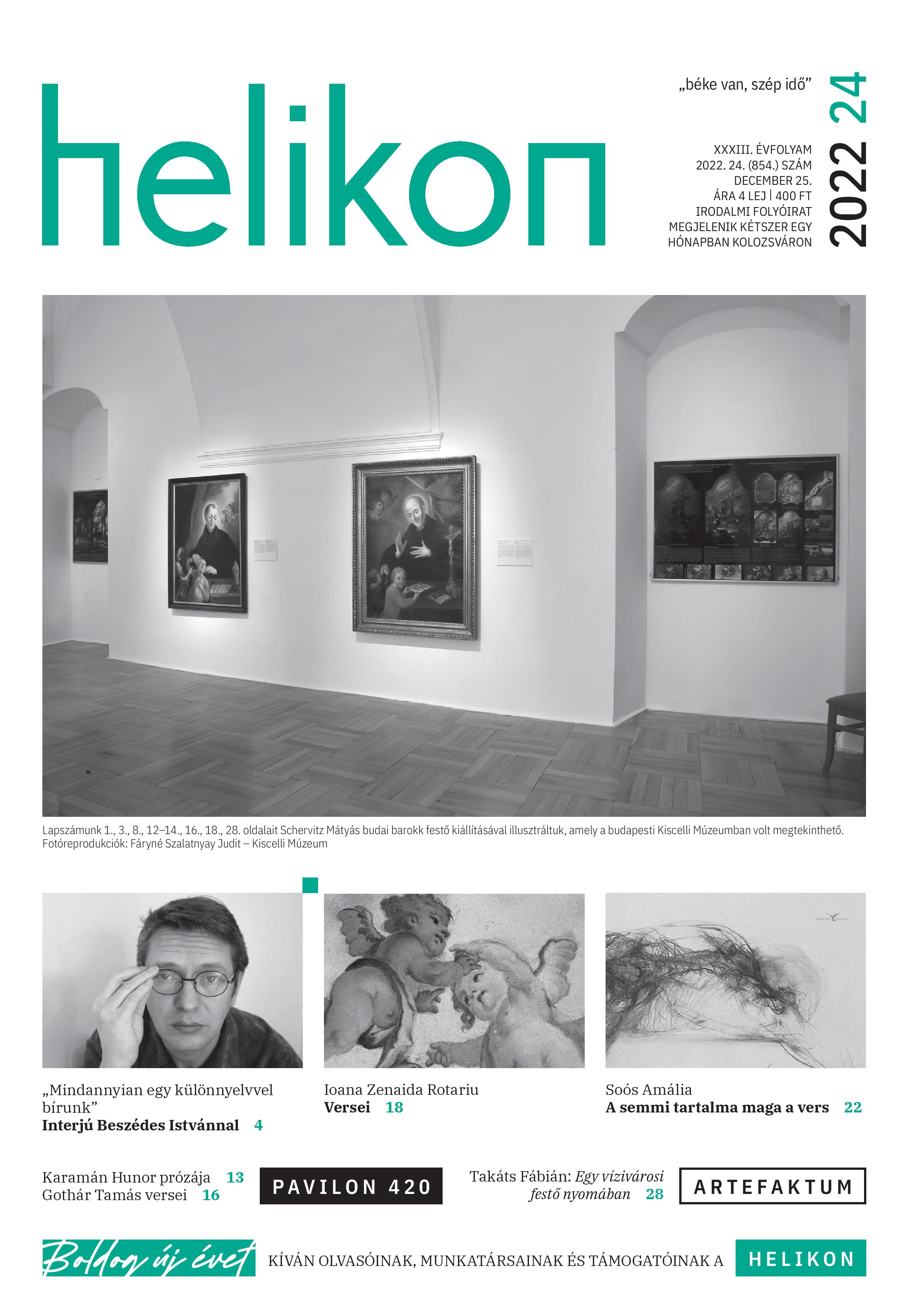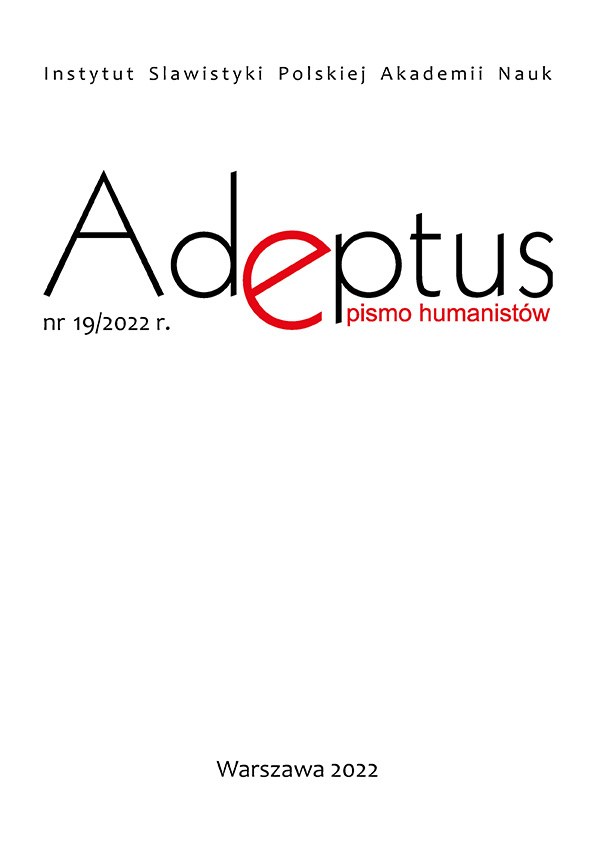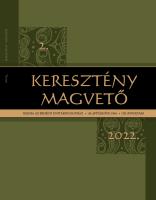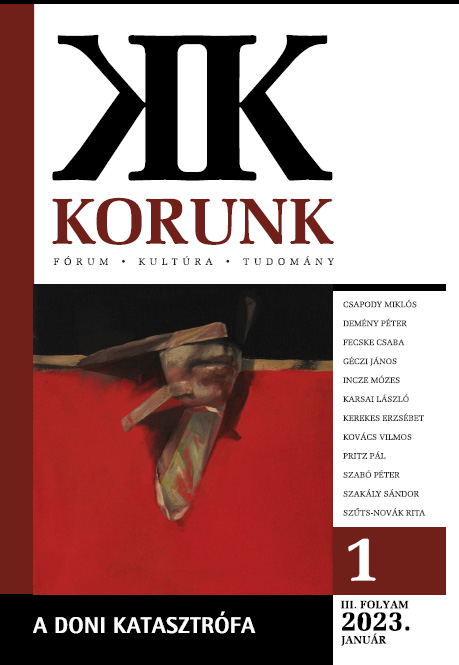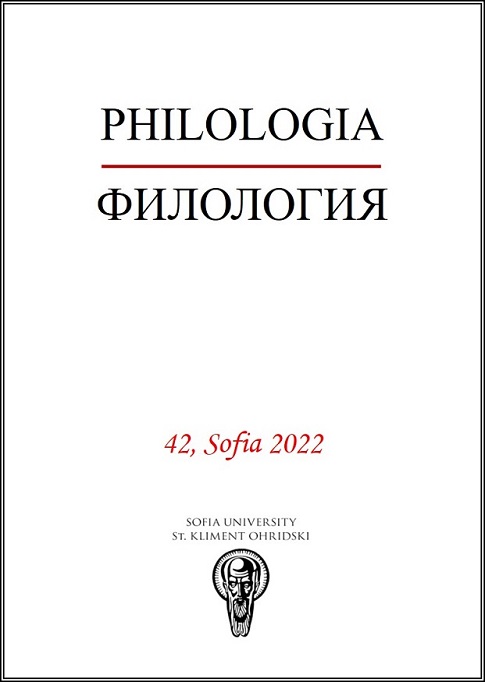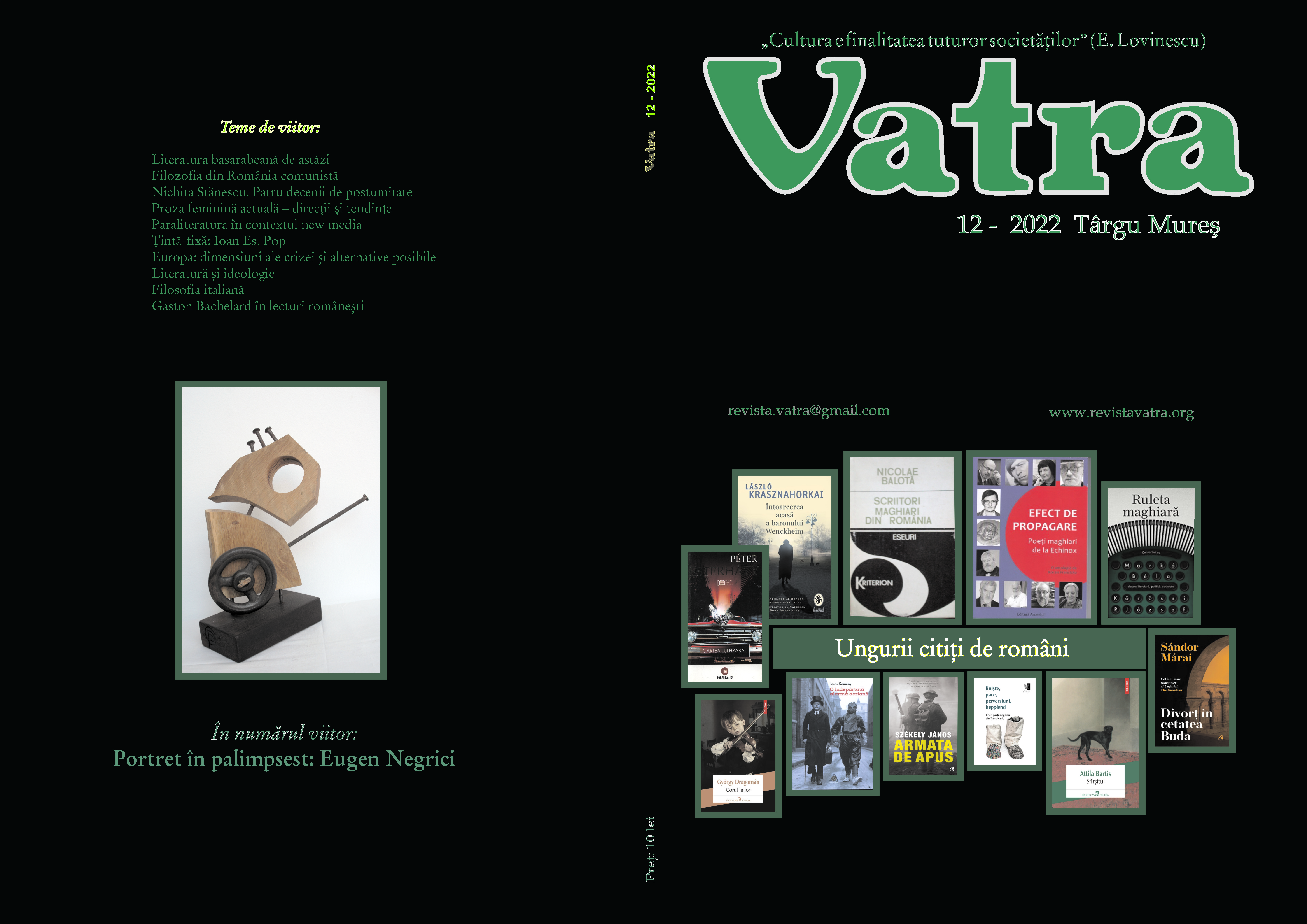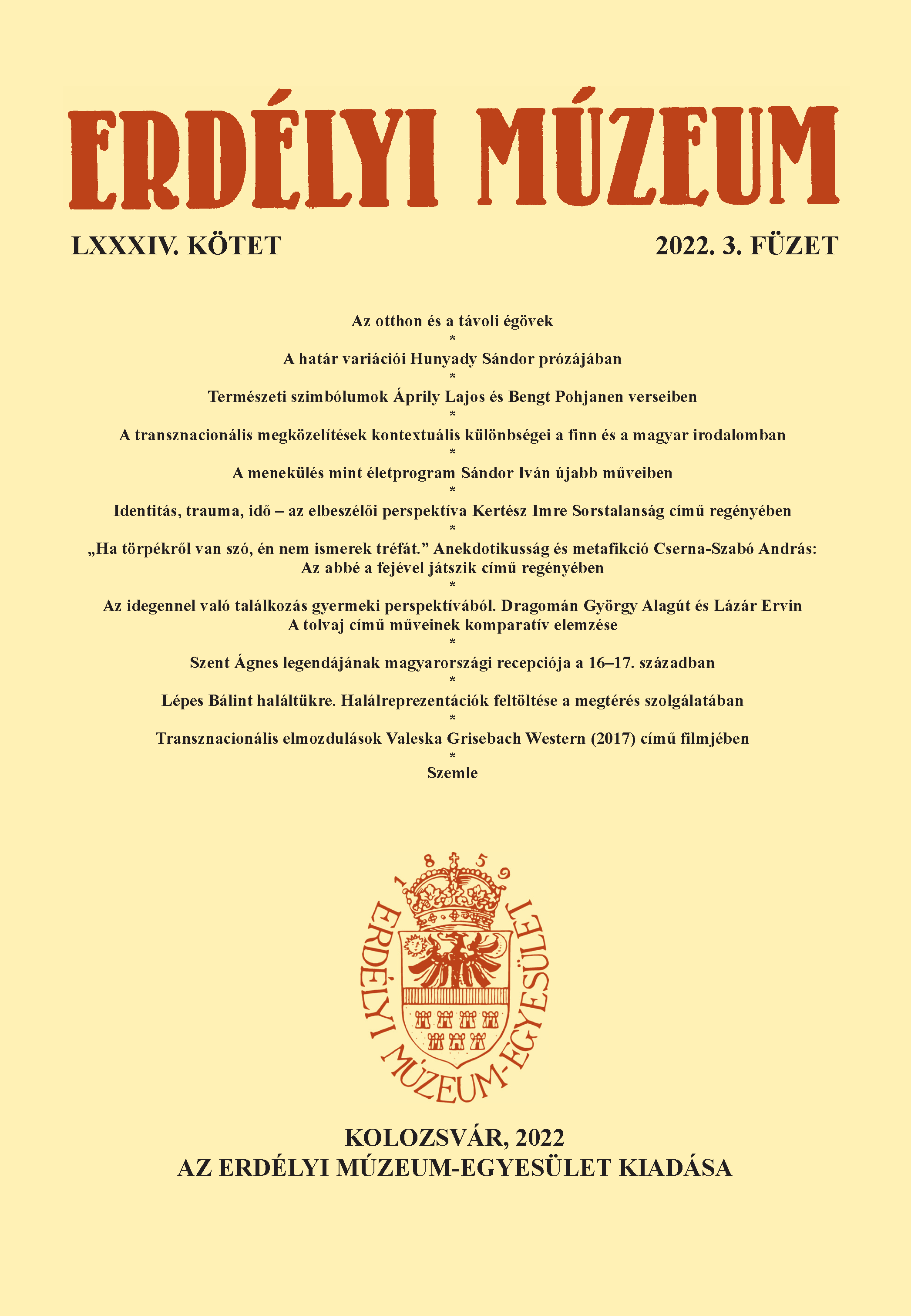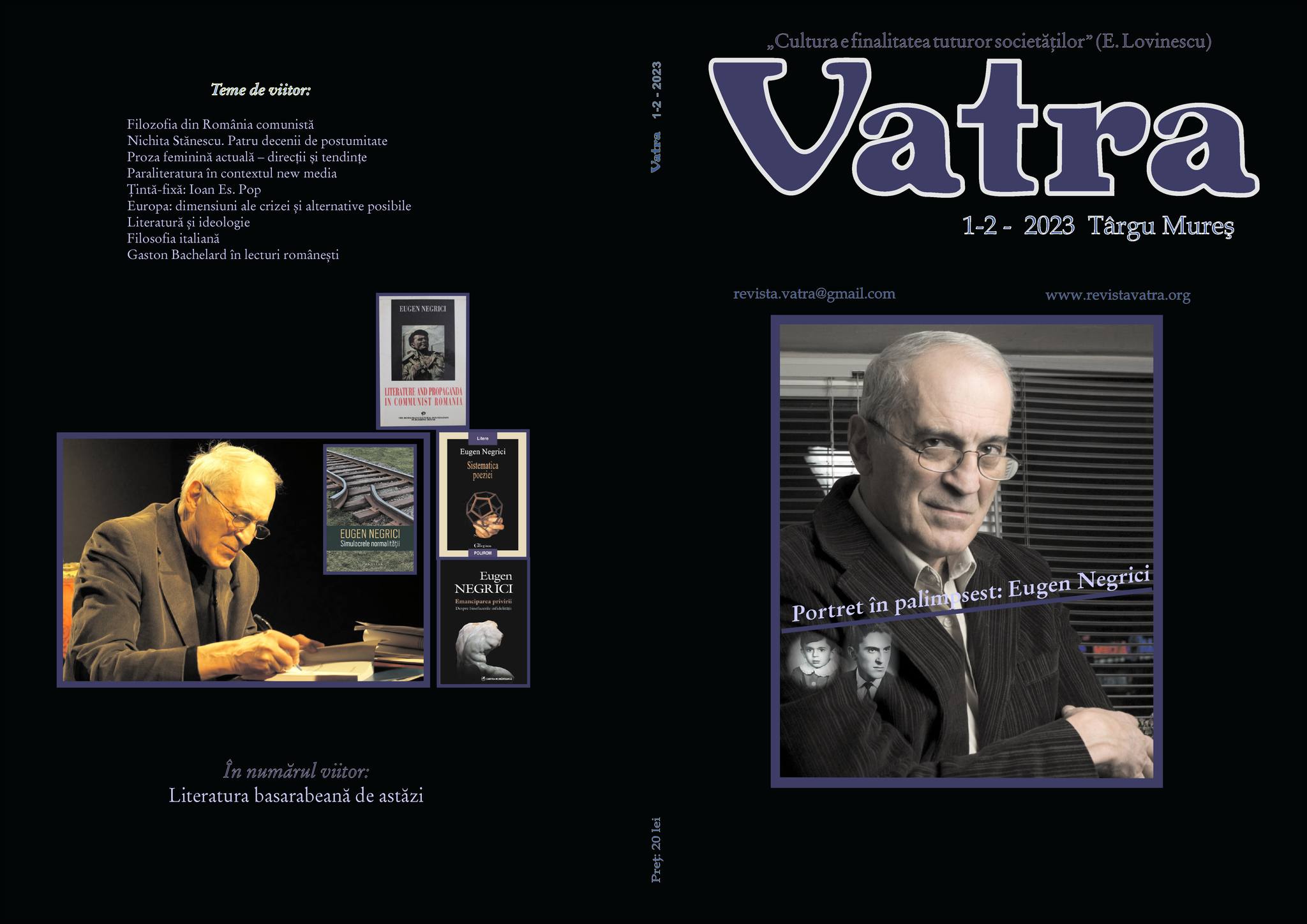Author(s): Miklós Csapody / Language(s): Hungarian
Issue: 01/2023
In the spring of 1942, Prime Minister Miklós Kállay sent 200,000 troops to the Russian front to strengthen Hungary’s position in the struggle for Transylvania, following the German demand. These soldiers’ equipment was not comparable to that of the Germans or the Russians. The army, which in January 1943 had a total of approximately 245,000 soldiers and 50,000 Jewish forced labor servicemen, lost some 128,000 soldiers and 45,000 forced labor servicemen in one year: 173,000 men in total. Other figures put the number of killed and wounded at 50-50,000, with 80,000 missing and 42,000 captured. The press was silent about the greatest catastrophe in Hungarian military history, the writers were unaware of it, and after 1945 the survivors were branded as fascists by the communist regime. Many of those who returned home were recruited and monitored by state security until 1989; those who spoke about their imprisonment were sent to Recsk for forced labor. Victims could not be commemorated; families could not mourn their dead. A change only occurred in the 1960s. The turning point came with István Nemeskürty’s essay Requiem egy hadseregért (Requiem for an Army), which refuted the false communist explanation of history. Requiem brought the forgotten victims into the public consciousness, making the facts part of national self-awareness. The search for human and historical justice continued in the 1980s with Sándor Sára and Sándor Csoóri’s monumental documentary series Krónika (Chronicle), which the authorities tried to prevent from being shown under Soviet pressure. The study traces the process in which the mourning and the struggle for truth, silenced for decades, has been accompanied by a confrontation with the regim in poetry, epic literature and essays, as well as in music and film, in Hungarian literature in Hungary, in Upper Hungary, Transcarpathia, Transylvania, and Vojvodina.
More...
